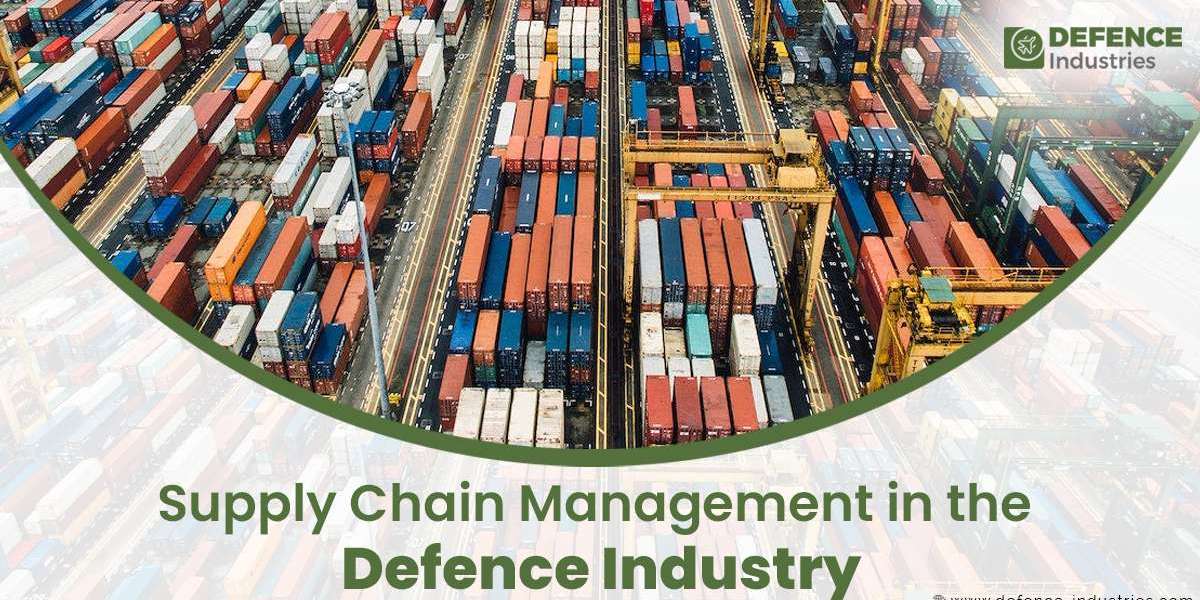Introduction:
Supply chain management (SCM) in the defence industry is a strategic and sensitive function that engages in the procurement and distribution of military products and services. In this context, it can be defined as the management and organization of different related activities like purchasing, supply, stocking, and transportation. Effective SCM in the context of the defence sector is crucial for preserving nations’ security, improving armed forces efficiency, and guaranteeing operational preparedness.
A. Key Components of Defence Supply Chain Management
1. Procurement and Sourcing
Supply chain management in the defence industry is a sub-activity of sourcing, which entails obtaining products and services from suppliers outside the acquiring organization. It involves activities such as supplier sourcing, contracting, and being able to meet the legal and regulatory expectations to a certain extent.
B. Challenges in Defence Supply Chain Management
a. Complexity and Scale
The complexity of defence supply chain is therefore inherent because of the nature of military business and activities. Suppliers, contractors, and logistics providers are numerous and their management calls for efficient and effective C&I.
b. Geopolitical Factors
Politics does play a rather large role in the defence supply chain because political instability will always threaten a supply chain, no matter how good the relationship is. Political implication, such as political rivalry, ban on exports or imports and wars slow or hinder transportation while they also make it expensive
C. Strategies for Effective Defence Supply Chain Management
1. Adopting Advanced Technologies
The use of these technologies is crucial if there is to be an improvement in the functionality and reliability of the defence supply chain. Automation and other related technologies such as AI, blockchain and IoT can help in inventory management
2. Supplier Relationship Management
Supplier relationships is a key area that must be developed in order to enhance the supplier’s performance and guarantee the reliability and quality of the supplies. Hence, SRM encompasses the constant communication, performance evaluation, and joint problem-solving processes.







